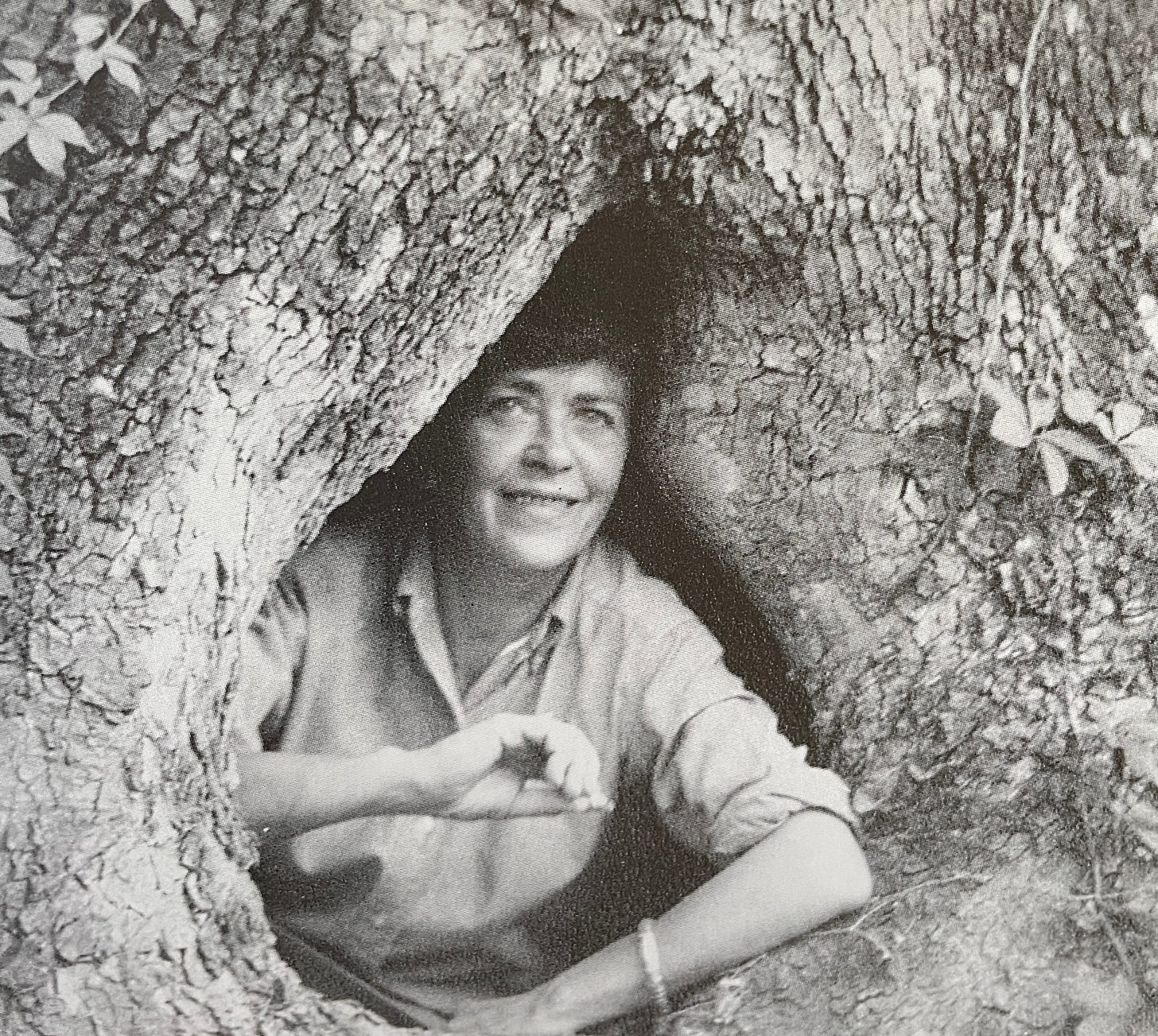Jean Garrigue (1912-1972) was born Gertrude Louise Garrigus, and felt she was “delivered and as it were in possession of a tongue” when she became the poet Jean Garrigue. Stanley Kunitz said that the poet is the person you invent to make the poems; this persona you create is a projection of your daily self, but they are greater and more purposeful. He said you have you live intensely and become that other, manifested in language. Garrigue’s poems are representative of this person, the bohemian spirit, what she called “velocities of intuition” and the “intangible wild essence” of things.
When she was at Yale she took Paul Hindemith’s music composition class and her best poetry is never far from music. Garrigue was of the same generation as Elizabeth Bishop (b. 1911), Muriel Rukeyser (b. 1913), John Berryman (b. 1914), and Dylan Thomas (b. 1914) and she is as good as any of them—in some ways better and more herself.
Garrigue said: “Poems are conceived in time, and work is a slow crystallization, and any work in process and progress depends upon the happy accident of insights and foresights and upon the deepest plumbing of the theme that ‘base’ metals may be transmuted into ‘noble’ ones.”
Keep reading with a 7-day free trial
Subscribe to The Sharpener to keep reading this post and get 7 days of free access to the full post archives.




